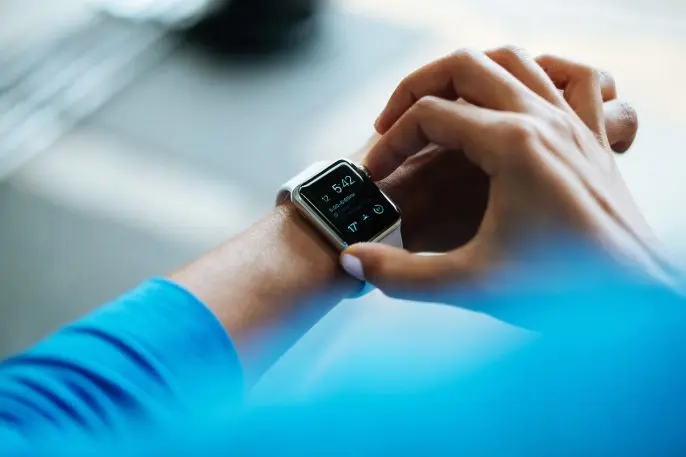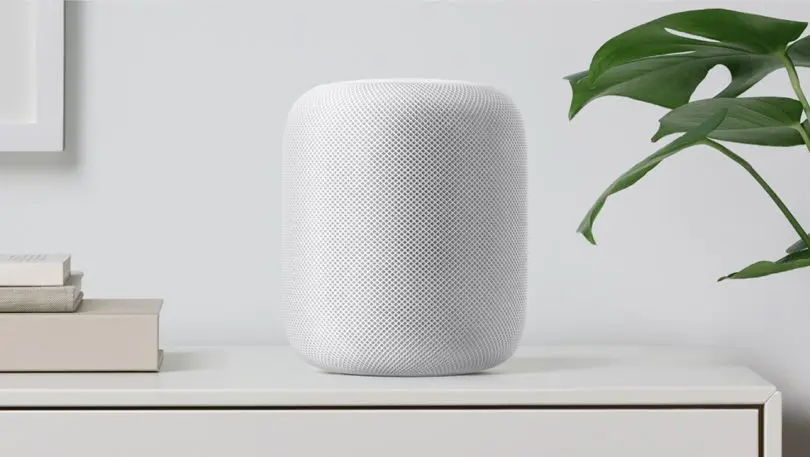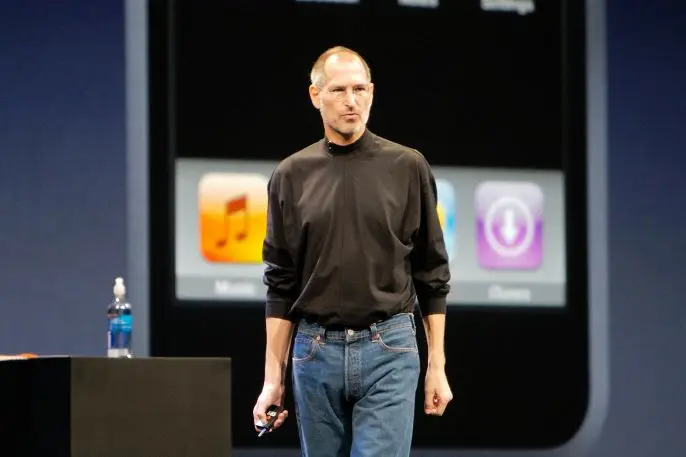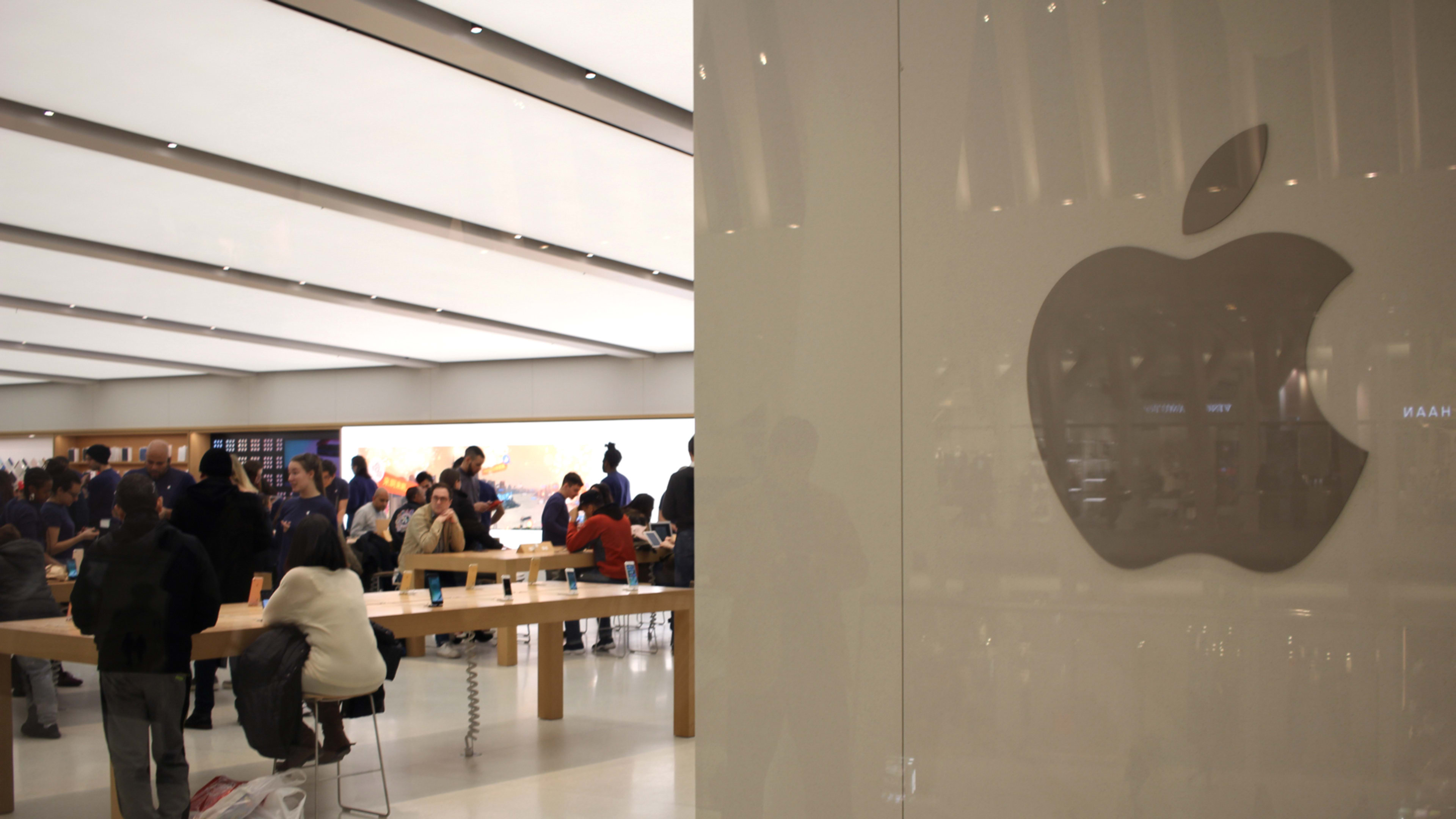Apple has one of the most potent–if not the most potent–marketing organizations in the world. We’re often responding to its influence, even when we don’t know it. It’s that effective. A new report released Wednesday by MBLM and Praxis Research Partners lays this out in an interesting way. The researchers found that Apple forms the tightest emotional connections with customers of any brand in the world. That’s based on a 2017 survey of 6,000 people in the U.S., Mexico, and the United Arab Emirates. I asked MBLM and Praxis to give me the key ways in which Apple gets this done. The quotes in italics are from actual respondents.
1. Apple Weaves Its Products Into Lives, Makes Itself Indispensable
Apple ranked number 1 in the study for “ritual,” or the extent to which a brand is seen as vitally important to users’ everyday existence. The researchers said this cuts across both genders and all age groups. “Its products bring us closer to everything that is important to us in our lives today and keep us productive and engaged,” said one email to Fast Company.
“Apple brings me closer to everyone and allows me to be more productive and gets things done faster and easier”
“You NEED that iPhone, you want it, you desire it, and you depend on it.”

2. Apple Makes Products That Are Physically Close To Us
Apple products are often on or near our bodies–in our pockets, on our wrists, in our ears, or at our fingertips. Two of the company’s fastest growing products–Apple Watch and AirPods–live in physical contact with the user’s body for long periods of time during the day. You can expect Apple to produce more products like that–including augmented reality glasses. “Being tethered to an Apple product or family of products during waking hours can foster strong bonds,” the researchers said.
“Apple is always on or near me.”

3. Apple Products Look Cool
Apple products are aesthetically pleasing and stylish. Its people are fussy about design, and that’s a big part of why Apple products seem aspirational and worthy of a premium price. There’s a long heritage there, too. Apple can be credited with bringing tech products from “banal beige boxes” to the design and fashion pieces that we’re used to today, the researchers point out. That mind-set governs the look and feel of every medium where the consumer comes in contact with the company–ads, physical stores, online stores, apps, everywhere.
“Apple products are stylish. They make [you] look more modern and maybe even cool.”

4. Apple Keeps Steve Jobs Alive
Their products are not always perfect, but they all feel like they’re driven by a human vision, not by the cold calculations of some big corporation. “Its cult of personality history with Steve Jobs gives it an indelible link with a real, authentic person,” the researchers point out.
“Historically Apple has made users feel that we are different or stood out from the crowd, we’re in it together.”
5. Apple Starts With The Customer And Works Backward
People often respond to Apple products because they seem to be built with an understanding of what the user wants to get done (sometimes even before the user does). Key functions are radically simplified on the device, and they usually “just work.” “Its products delight, it engages, and it delivers,” the researchers said.
MBLM and Praxis found that Amazon and BMW were the second and third most intimate brands in the U.S., with the Top 10 rounded out by: Jeep, Disney, YouTube, Target, Netflix, Whole Foods, and Google.
You can see the full results of the MBLM/Praxis study here.
Recognize your brand’s excellence by applying to this year’s Brands That Matter Awards before the early-rate deadline, May 3.
